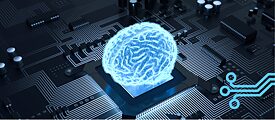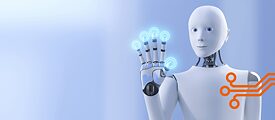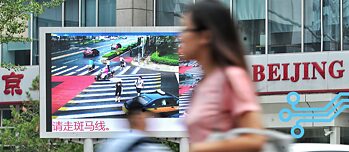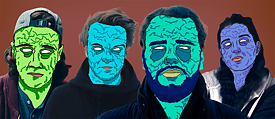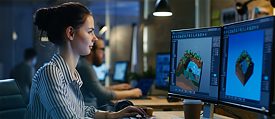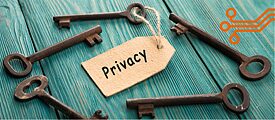How do we develop into a competent, digital society?
We asked personalities who deal with digitization in Germany. Read their answers here.
Have you ever wondered what personal data you have already disclosed online today? What information Internet companies have collected about you? You don't know? Then you're like most of us. Nevertheless, it is crucial to know what risks you are being exposed to and how you can protect yourself against them. sovereignty means taking responsibility – digitally as well. It sounds exhausting, but it's not that difficult!








